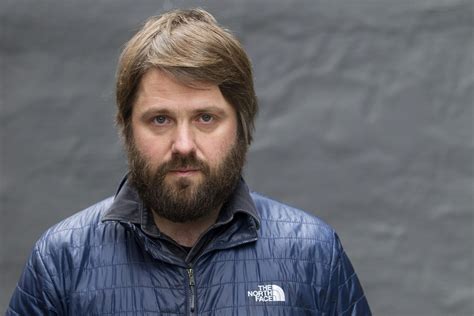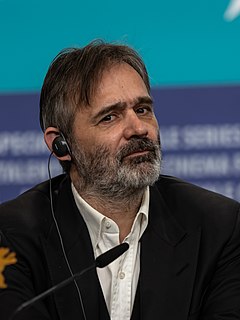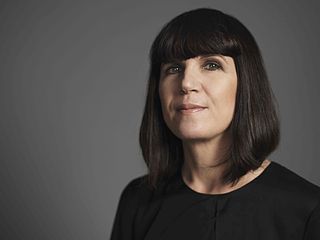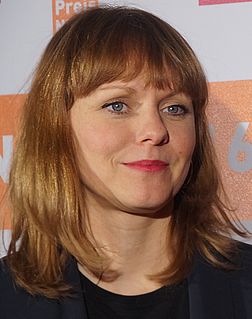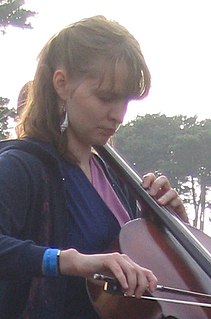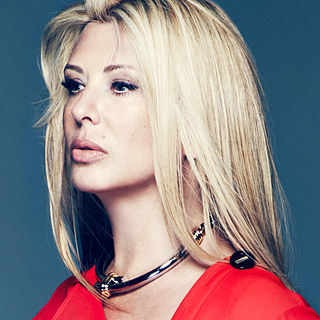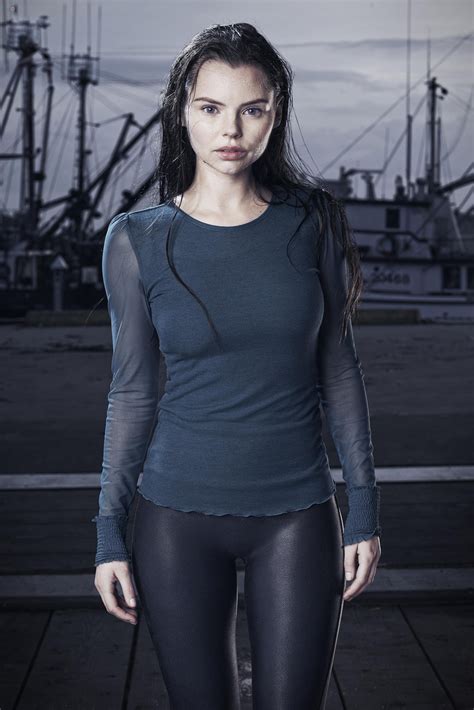A Quote by Dagur Kari
I don't think that any Icelandic filmmaker feels like he belongs to Icelandic filmmaking, because nobody really knows what it is.
Related Quotes
I'm the first Icelandic director who started working on U.S. movies. There are others behind me now, but it's like when Bjork opened the door for Icelandic musicians to work abroad. We're such a closed-off country, but Bjork broke the spell. And I'm glad it was a woman who did it. She showed us we could break this barrier.
What we are saying is, we've got three aluminum factories, let's work with that, we cannot change that. Why not have the Icelandic people who are educated in high-tech and work already in those factories in the higher paid jobs, why not let them build little companies who are totally Icelandic with the knowledge they have? Then they get the money and it stays in the country. Then we can support the biotech companies and the food companies and all these clusters. I think that if you want to be an environmentalist in Iceland, these are the things you've got to be putting your energy into.
Yet another hedge fund manager explained Icelandic banking to me this way: you have a dog, and I have a cat. We agree that each is worth a billion dollars. You sell me the dog for a billion, and I sell you the cat for a billion. Now we are no longer pet owners but Icelandic banks, with a billion dollars in new assets.
Unnur Birna is a Reykjavik-based violinist and singer. She has performed as a session musician with countless Icelandic and international artists while recording and appearing as a solo artist as well. Unnur has joined me as an unpaid guest on a few Icelandic shows in recent years, so it is a great pleasure to return the favour and appear on one of her songs at last. This new track, Sunshine, came about in Italy, written as an ode to sunlight and happiness after fleeing the dark winter in Iceland
We with Komplizen Film believe very much in the writer-director and in the freedom of a filmmaker. I think it's always good to be involved where you spend the money. Filmmaking, you see in the picture what the money's spent for. I never had to leave a phase of filmmaking before being really happy, and that was really a big luxury. That could happen, I think, because I am my own producer.
I think after Iceland's independence in 1944, we were not very sure of ourselves and our confidence was really low. It took one generation to sort of get over that. I'm second generation. My parents were born in 1945-46. Our movement at the punk times was like, we can sing in Icelandic, we are strong.
